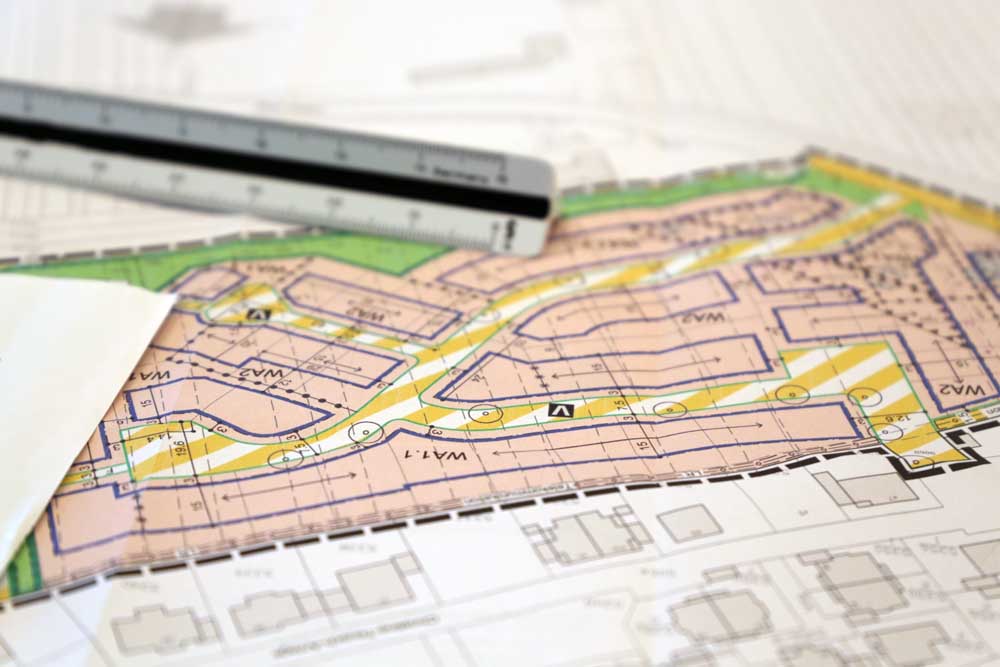Bend planning commission recommends rezoning
Published 12:00 am Tuesday, August 28, 2018

- (123rf)
Bend’s planning commission on Monday took a step toward a major change that could make some development cheaper and faster by recommending that the city rezone more than 1,900 acres in one swoop.
Development in Bend has to follow the city’s comprehensive plan and align with zoning.
In most parts of town, that’s not an issue — the comprehensive plan and zoning are the same.
But on about 2,600 acres — 12 percent of the city — zoning and the comprehensive plan don’t align.
“It’s really confusing to have one map say one thing and the other map say another thing,” Bend Planning Manager Colin Stephens said.
People who want to develop or redevelop that land must start with expensive and time-consuming applications and public hearings to rezone the land, then answer most of the same questions again during a site review process.
Monday’s 4-0 decision by the planning commission is the first step toward eliminating the $6,000 rezoning hearing fee and an application process that can drag on for months, at least for most of the affected acres. The Bend City Council still must approve the change, and councilors are expected to hold another public hearing and vote Sept. 19.
The biggest bloc of changes — about 770 acres — is changing schools and Pilot Butte State Park from residential zoning to public facilities zoning. More than 400 acres would stay as residential zoning but change density, and about 350 acres would be rezoned to mixed-use development.
Most discrepancies between the comprehensive plan and zoning have existed for more than two decades, Stephens said.
While neighborhood associations and the environmental watchdog group Central Oregon LandWatch adamantly opposed the citywide rezoning plan when it was first proposed early this year, it didn’t face much opposition from Bend residents who spoke at Monday’s meeting.
One exception was Harry Williamson, who lives on Linster Place, a small street between the Bend Parkway and the Deschutes River. Property on the road, part of which is a dirt road and doesn’t have sewer infrastructure, would be rezoned to allow for higher residential density.
Although any developers would have to add pavement and sewer infrastructure, Williamson said he was concerned about development in the area because of the lack of public infrastructure.
“If you’re going to pass this, which I expect you are, I suggest you have staff go back in and re-evaluate the neighborhoods that are being upzoned and implement this on an incremental basis,” he said.
— Reporter: 541-633-2160; jshumway@bendbulletin.com







